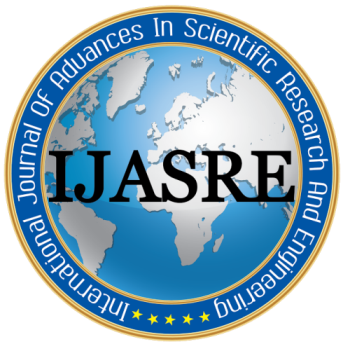Review of Literature on Teaching and Learning Geometry and Measurement: A Case of Ghanaian Standards Based Mathematics Curriculum
DOI:
https://doi.org/10.31695/IJASRE.2020.33766Keywords:
Standards Based, Curriculum, Measurement, Geometry.Abstract
This study aimed at providing a theoretical background for the development of the Geometry and Measurement Strands in the New Ghanaian Standards-Based Curriculum. As such it should be of aid to inform the supervisory committee of the Ghana
Education Service, National Council for Curriculum and Assessment (NaCCA), National Teacher Education Curriculum Framework (NTECF) and Ministry of Education, considering the Mathematics section of the current Ghana Curriculum Review project. This report concentrated on progressions in the two strands both within the area of higher-level thinking (what we will refer to as ‘pedagogy’) and within the area of content (‘knowledge’). While much has been written on the theoretical progressions, concerns showed that there is little to be found on progressions that could be of direct assistance to the facilitator (classroom teacher). The main emphasis of the theoretical writing on progressions in geometry tends to be on the increasing sophistication of overall ‘understanding’ of geometry (how do learners do geometry?); in contrast to the curriculum descriptions of geometry, it tends to focus much more on the content of knowledge/ability (what do learners do in geometry?). Findings also revealed that the ‘Count Me into Measurement program’ is the Learning Framework in Measurement, which aims to describe the stages learners progress through in developing an understanding of measurement. The Learning Framework describes three key stages: Identification of the attribute (direct comparison/partitioning/conservation); Informal measurement (counting units/relating number of units to quantity/comparison of measurements); and Unit structure (replicating a single unit/relating size of units to the number required). Learners are perceived as passing through the same three stages in their understanding of each of length, area, volume/capacity and mass, though not at the same time, as increasing the number of dimensions measured leads to the increasing complexity of the concept
Downloads
How to Cite
Issue
Section
License
Copyright (c) 2020 Samuel Baah-Duodu, Vivian Osei-Buabeng, Ennin Francis Cornelius, John Ekow Hegan

This work is licensed under a Creative Commons Attribution-NonCommercial 4.0 International License.







